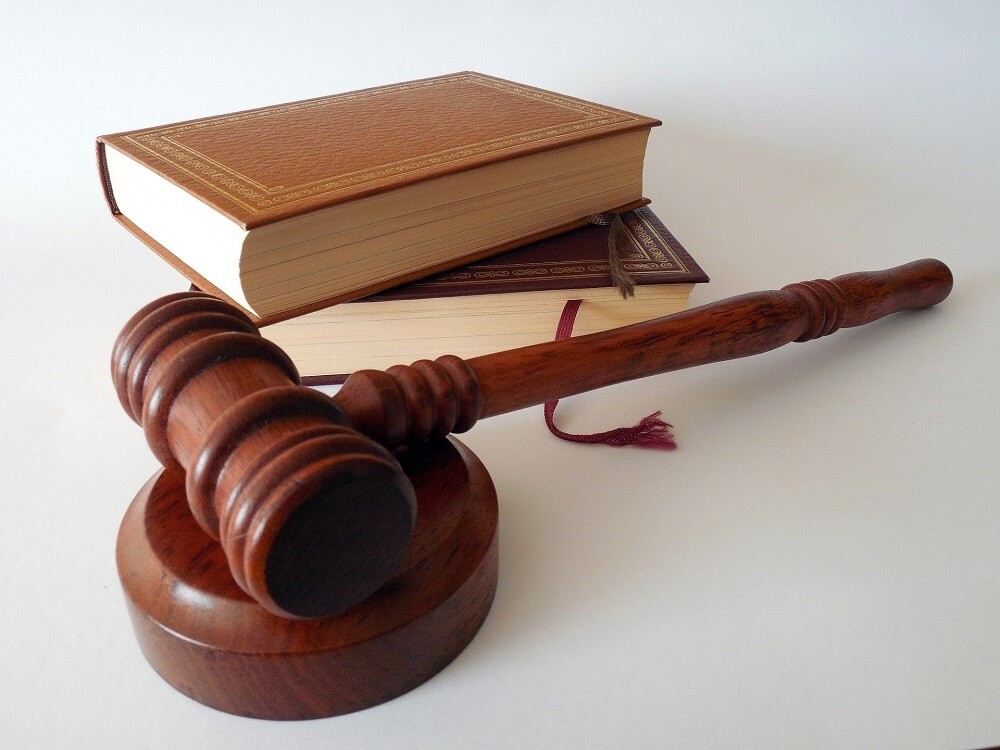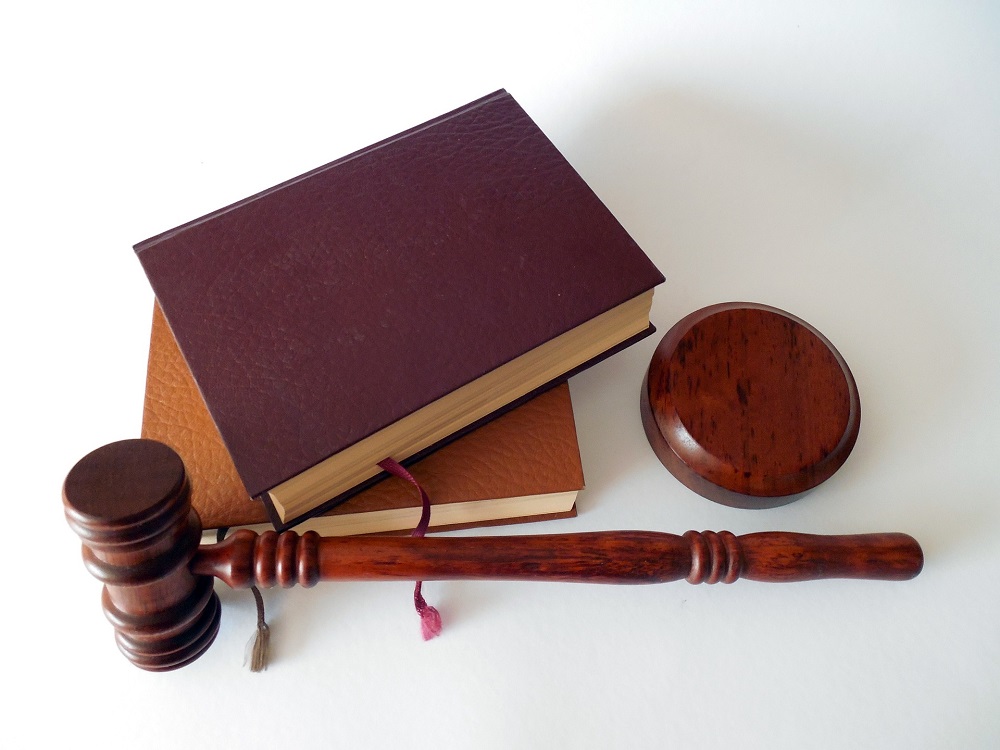Do you want to pursue a career in law and want to know what the criminal lawyer profession encompasses? Alternatively, is there a criminal lawyer you require at this moment, and you would like to know what to expect? In that case, you are really just walking into the complex, challenging, and ever-so-enticing area of criminal law.
The duties and responsibilities of a criminal lawyer encompass much more than representing in court; they offer much more than the dramatizations we view on silver screens. This is a world powered by evidence-based investigations, savvy negotiators, strategic thinkers, and deep knowledge of criminal law. This article seeks to explain these areas and give you a more complete view of what it means to be a criminal lawyer.
We will trace through the fundamental who-questions (who, what, where, when, why, and how) defining criminal lawyers in their day-to-day duties after years of rigorous academic training and practical experience. Along with these, we will cover advantages, disadvantages, and important deliberations relevant to the practice. An extensive detail on the inner workings of a criminal lawyer’s trade is included therein.
Who a Criminal Lawyer is: A Character Profile

A criminal lawyer, also known as a criminal defence attorney, defends the rights of people and entities accused of criminal conduct. Some of the identified attributes making one a good criminal lawyer include persistence, determination, eye for detail, analytical mind, and communication skills above the norm.
Before the lawyers enter a court, their work entails ground laying for the evidence with the research of case law, drafting and supporting pleadings, establishing a solid defence strategy, and keeping the clients informed of the rights. On the other hand, the civil lawyer is in constant communication with different parties through the case: prosecutors, judges, probation officers, etc.
A little extra-long hour wish or overtime may start at times; working at night and during a weekend could even be considered normal if a case is up before the court. Most criminal lawyers feel that nothing can overshadow the feeling achieved from liberating their clients when states may have become aware of them.
The Role of Criminal Lawyers: Interfacing the Scales of Justice
Criminal lawyers are those put in place to protect the rights of their clients as defined in the constitution from their client’s territory toward the law enforcement and judicial system. They know the statutes, case law, and procedure well enough to be able to manoeuvre their clients’ interests through the complex legal maze.
But a criminal lawyer has to probe carefully for any relevant evidence, witnesses, and other possible sources to uncover the truth for their defence. They need to build their own case; they must anticipate how the prosecution may introduce a certain piece of evidence, which they must weigh and balance in constructing the defence case.
They are charged with explaining in simple terms to clients who may find it hard to understand really complicated legal concepts so that they may fully appreciate their plight. Their pretrial function may take on a more negotiating, bargaining nature, especially in cases where a plea bargain may seem a more favourable alternative to other considerations.
Where Criminal Lawyers Work: A Diverse Terrain
A criminal lawyer can pursue many career options; he or she can work with organizations from private practice straight through NGOs (non-government organizations) to public defenders. It often depends on factors such as work style preference for the individual, the motive for earning money, interest in certain cases or social problems, and one’s aspirations along their career journey.
Every environment has its own strengths and weaknesses; for example, a public defender provides amazing courtroom experience but intolerable caseloads. By and large, private practice or work in a law firm promises greater financial gain and perhaps a lighter workload but demands total commitment toward business and client acquisition.
When a Criminal Lawyer is Needed: Timing of Representation
A criminal lawyer will be needed from the very moment someone is suspected or accused of a criminal offense. Since many legal intricacies arise in the early stage of a criminal investigation that may affect the rights of the accused, this eminently justifies the presence of an attorney to uphold these rights.
Even if the accused cannot afford one, the constitution makes provision for state-appointed representation. As the most effective link in granting justice fairly and properly and ensuring the respect of constitutional rights, a criminal lawyer may also render services.
Why Criminal Lawyers are Crucial: Upholding Justice

Because of their intrinsic importance to the justice process, without criminal lawyers, there will be no fair trial, and justice will not be served. By examining the details of their knowledge and understanding of the law, the balance of power offered by them comes into play, especially when an innocent person faces the risk of punishment.
Still, their presence will mean the difference for a person because in certain jurisdictions, it could mean life imprisonment or even the execution.
Conclusion
Therefore, the limits and purview of a criminal lawyer’s work could never be confined only to the courtroom. It is an altogether dignified and responsible job-from the time of gathering evidence, through analysing the context of law, to devising the appropriate course of defence, and executing the judgment-that is involved to a much larger extent. In fact, it is of utmost importance in protecting the integrity of the judicial system.
That notwithstanding, the duties of a criminal lawyer in the defence of a person’s legal rights and fair representation in the pursuit of justice cannot be overstated alongside such challenges as never-ending workloads and the highly pressurized atmosphere. It is not only a job; it is an act of service to the community and personification of justice.







